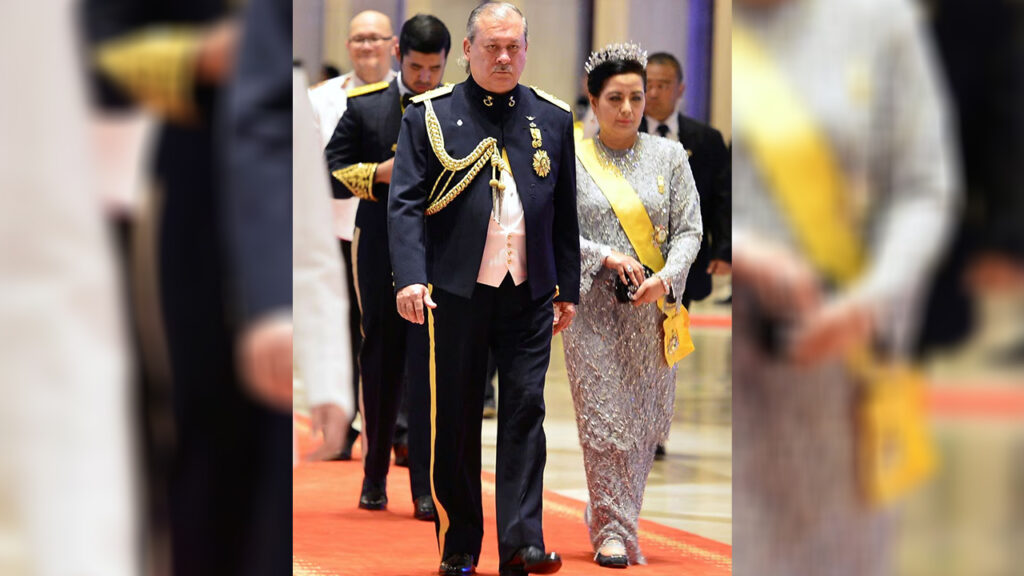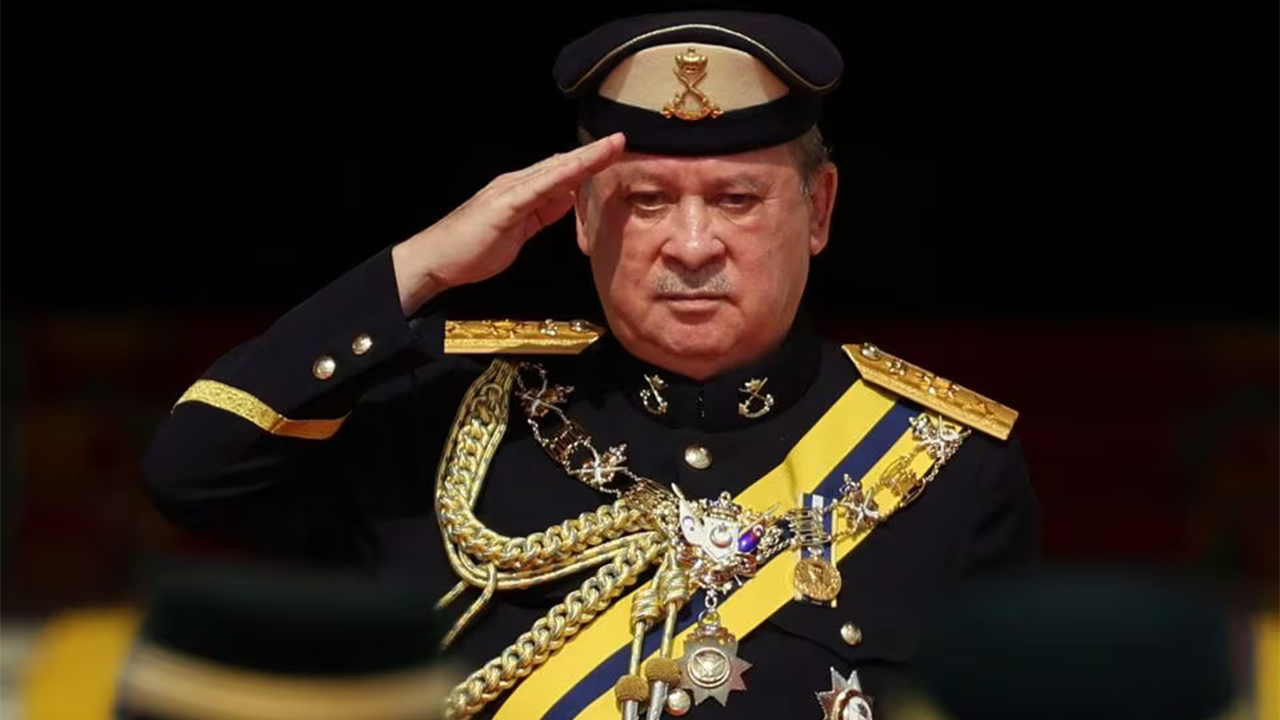Asia (Commonwealth Union)_ the ceremonial monarchs have been taking a more active role during recent years, in the country’s political life.
Malaysian politics witnessed a significant event with the ascension of Sultan Ibrahim Sultan Iskandar to the throne on 30th January.
Under the nation’s unique system, the heads of the nine royal families take turns under the “Yang di-Pertuan Agong” to be the King, every five years. This transition has stirred curiosity as well as concern, particularly regarding the intersection of power and wealth, as the 65-year-old sultan from Johor State is one of Malaysia’s richest men, has been politically outspoken, from criticizing perceived misconduct among the country’s politicians. The question on many minds is how Sultan Ibrahim’s substantial financial interests will shape his kingship and what implications this holds for the monarchy’s evolving influence on the nation’s political landscape and society.

Also read :
Royal Watch : Prince Harry and Meghan’s Trip
The Malaysian monarchy, traditionally viewed as a ceremonial position with limited powers, has departed from this perception in recent years.
Sultan Ibrahim’s vast fortune, derived from business ventures spanning mining, real estate, and a joint venture with a Chinese property developer for the ambitious Forest City project in Johor Bahru, raises questions about the potential interplay between personal interests and royal responsibilities. In this Muslim-majority nation, his possession of a private army adds complexity to the traditionally symbolic role of custodianship of Islam.
Sultan Ibrahim, unlike many of his predecessors, has also been vocal about political matters and has a close relationship with Prime Minister Anwar Ibrahim. His advocacy for the establishment of a special economic zone between Johor and Singapore, which the two nations agreed to last month, further underscores his engagement with broader economic and political issues. This active involvement in economic and political policymaking, coupled with his substantial financial interests, raises questions about the extent and nature of his influence on the nation’s political landscape.
Sultan Ibrahim’s role as the Yang di-Pertuan Agong, is primarily ceremonial, with authority defined by the federal constitution. As the new monarch begins his 5-year term, the central concern is how his financial interests will align with his responsibilities as King. Will his wealth become a source of potential conflicts of interest?
The outgoing Sultan Abdullah actively intervened in Anwar’s appointment during the country’s recent spell of political instability, ensuring the formation of a government capable of addressing the nation’s challenges. He has also engaged in post-election negotiations while publicly denouncing politicians for their self-interested behavior.
Prior to stepping down, Sultan Abdullah expressed hopes that Malaysia will see a full-term government under the Anwar administration and accused several opposition and ruling bloc figures of trying to emasculate his government. He said that foreign investors desire to perceive a country that is stable, that they could invest in and maximize their returns on quickly, and that if they are always changing governments this would cause delays.
The landscape is further complicated by the monarch’s power to pardon convicted individuals. The controversial pardon of Anwar by Sultan Muhammad V of Kelantan in 2018, prompted contemplation about the monarch’s role in the judicial process and the potential for the abuse of this power for political purposes. Such accusations have dogged the recent granting of a pardon to former Prime Minister Najib Razak, presently in prison for his involvement in the 1MDB corruption scandal. The decision to halve his prison sentence from 12 to six years and sharply reduce his fine was announced after the Board’s meeting on 29th January, in one of Sultan Abdullah’s final acts before stepping down.
The broader implications spread beyond the corridors of power to societal dynamics and perceptions of the monarchy. Does the monarch’s growing involvement in politics and economics compromise the neutrality and apolitical nature traditionally associated with constitutional monarchies?
The fragile equipoise between the evolving responsibilities of the monarchy and its commitment to constitutional principles is in jeopardy.
In a nutshell, the ascendancy of Sultan Ibrahim Sultan Iskandar to the throne could mark a pivotal moment in the evolution of Malaysia’s monarchy. As Sultan Ibrahim begins his reign, the delicate equilibrium between traditional customs and the needs of contemporary governance, ceremonial obligations, and domestic politics will shape the monarchy’s position within Malaysia’s ever-changing socio-political environment. The nation watches with anticipation, questioning how the billionaire king will wield his influence and what it signifies for the future of the nation.








